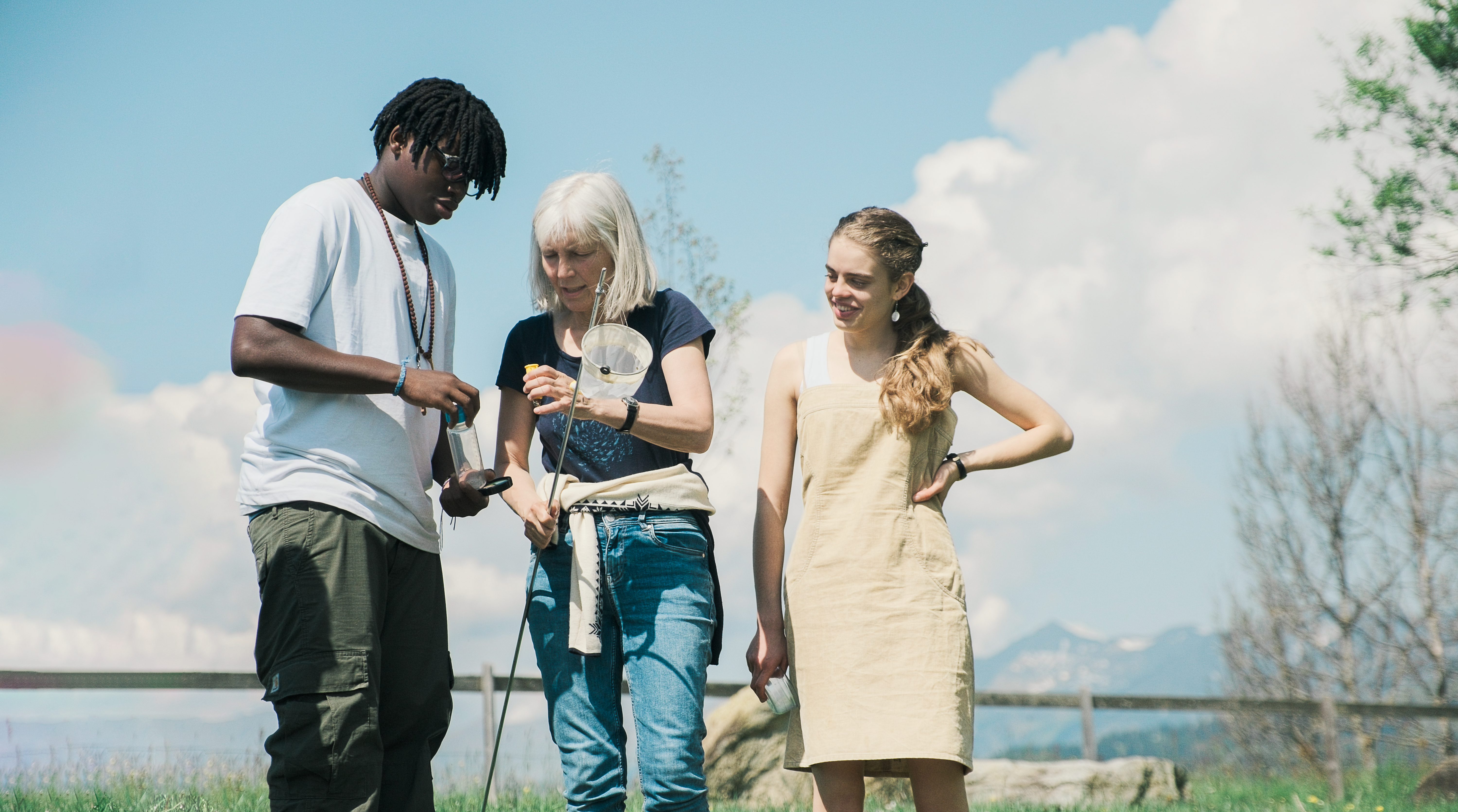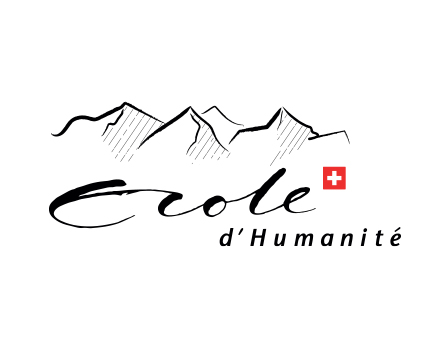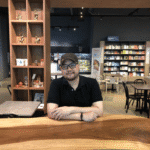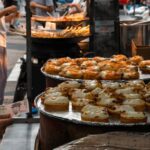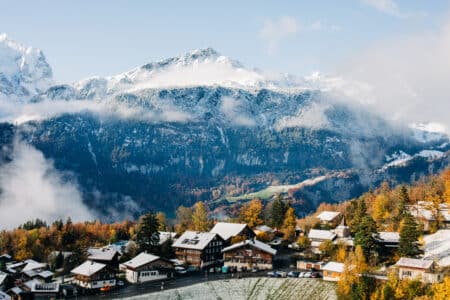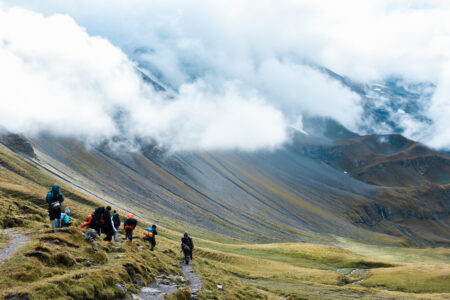Growing up in Switzerland, Julia Schönberger spent part of their childhood surrounded by the mountains of Hasliberg and the community of Ecole d’Humanité, where their parents were teachers and their brother once studied. It felt almost inevitable that they would one day follow in their family’s footsteps. But even with this familiarity, stepping into the Ecole as a student brought new challenges and surprises.
“The first week was nice but nerve-racking,” Julia recalls. “I had always heard stories about Ecole from my family, but now I got to experience it myself.”
While the nerves were natural, the support system built into the school’s culture quickly made Julia feel at home. Upon joining, they were assigned a mentor who provided answers to their questions even before they arrived. Returning students pitched in as well — whether helping to carry baggage or simply ensuring they found their way in a new environment.
And that’s precisely what Julia did.
Julia is part of the Ecole’s American High School Diploma Programme, an English-taught college-preparatory curriculum that includes Advanced Placement® (AP®) classes and sees students in grades 8 through 12 tackle college-level work.
“I took an English course about world mythology and one about anarchism, and the teachers and all of the students in the class were passionate about these topics, which made these classes much more interesting and also led to more engagement than if everyone had been forced to be there,” they explain.
For Julia, small class sizes and teachers who know you well have been just as crucial as being able to customise her curriculum, especially as someone who had always struggled with mathematics. “At the Ecole, I’ve learned to understand the concepts and why they work. Instead of just having to memorise formulas, I now know and understand the reasons why a certain formula works on a problem,” they say.
This tight-knit nature extends to the Ecole’s Swiss Programme, taught in German and aimed at preparing students for the Swiss Matura — Switzerland’s standard upper secondary diploma and one of the world’s most versatile and challenging. Seventeen-year-old Georges Kim feels the Swiss Programme has changed his entire view on education.
“I actually enjoy some subjects now that I never did before, and I realised that the biggest difference is the teacher,” he shares. “You can really feel when a teacher is passionate about their work.”
Their guidance was key when Georges, then a new joiner, took on a project for French class. The assignment — creating a film — blended his interest in media with a subject he had previously found challenging. It opened his eyes to the Ecole’s holistic philosophy, which often extends far beyond the classroom.

The co-curricular programme, including multi-day hikes and activities like kayaking and skiing, helps students connect with nature and discover the joys of movement. Source: Ecole d’Humanité
Co-curricular activities like a six-day hike pushed Georges to test his limits and explore his potential even more. The excursion, which required carrying a heavy pack through rugged terrain, taught him resilience and gave him a new perspective on challenges.
Georges then got involved in the student-led “Ecole Cup” initiative as part of a team organising community events. He had to work fast on enhancing leadership, collaboration, and problem-solving skills. Despite the struggles of coordinating large-scale projects for the first time, he was pleased with the results of their efforts and in partnering with passionate peers.
Julia has also embraced the experiential learning opportunities that make the Ecole unique. One standout memory was their first “intensive week,” when they participated in an interdisciplinary bowmaking project.
Fusing art, engineering, and patience, it got them carving, measuring, and sanding a single piece of wood. “By the end, we all had fully functional longbows and arrows, which we used in 3D outdoor parcours. The experience of working so tirelessly on one project and seeing it through to the end was incredibly rewarding. My bow is still in use more than a year later.”
Silversmithing, another of Julia’s passions nurtured at Ecole, introduced them to a whole new dimension of craftsmanship. With industry-level tools in hand, they’ve shaped delicate pieces of silver into rings and other intricate designs. “It is an amazing experience to have a picture of a pair of earrings in your head and then bring them to life,” they say.
It’s safe to say Julia returns home at the end of each school day with lots to unpack and reflect on. But for boarding students like Georges, this journey continues around the clock, with 24/7 access to such opportunities. Living in rustic, Swiss-style chalets under the guidance of “family heads” — teachers who live with them — he describes it as a second home that revolves around practical and emotional guidance.
Here, daily life balances academics, enrichment activities, and connection. Weekends are a highlight, featuring communal events like Singgemeinde, student-led activities, and winter skiing adventures. Shared meals and weekly Family Meetings strengthen bonds, while traditions like the Sunday Andacht offer reflection and unity. This “family-style” approach nurtures independence, responsibility, and collaboration, preparing students for life beyond school.
“I think our community is unique in the world, as it has so many facets,” says Georges. “I recommend everyone visit the Ecole and experience the community for themselves — it’s worth it.”

